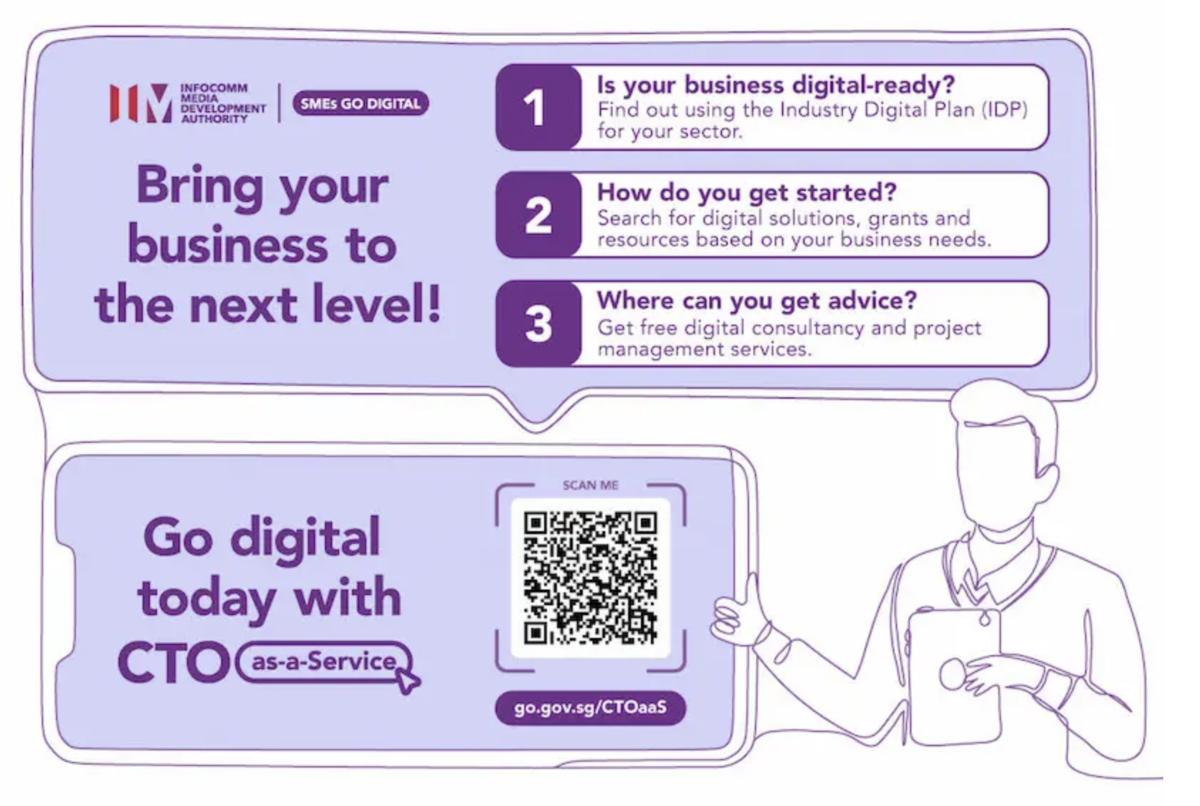Griffin on Tech: Our small businesses need a bigger digital boost
As the pandemic forced us all into lockdown in 2020 and our businesses had to scramble to move their operations online, the Government launched the Digital Boost scheme to help them out.
It mirrored efforts by the likes of Australia and Singapore to accelerate the digitalisation of small businesses with free training resources and advice on everything from building websites to activating payment gateways and using digital marketing tools.
Digital Boost was initially funded out of the Covid-19 relief fund to the tune of $20 million but was topped up by $44 million in 2021 to extend it after tens of thousands of people accessed the self-learning resources on the Digital Boost website.
According to the Technology Users Association (TUANZ), “most participants in the Boost education platform show an uptake in business digital capability”. It is asking whoever makes up the next government to carry on the scheme. That’s a sensible call given that our small businesses still have some way to go in their digital transformation journey.
The digital gap
According to business listings website Yellow (yes, it still exists), one-third of SMEs still lack an online presence. The generative AI revolution may help them out as a host of website builders are set to arrive that let you design and launch a website by entering prompts into a chatbot. But artificial intelligence poses a host of other upskilling challenges we haven’t started to get to grips with.
“The digital gap among SMEs is holding New Zealand back as a country overall and in the aim to become world-leading in the adoption of technology,” says TUANZ CEO Craig Young.
He quite rightly suggests we look to other countries that are moving beyond educational support to speed up digialisation of our sole traders and small businesses, which make up the bulk of Kiwi businesses.
“These incentives can be seen in other countries such as Denmark, Australia and Singapore and could include utilising the tax system to provide greater subsidies for digitisation, specific rebates for pre-approved digital packages, or direct grants to businesses through the Boost platform,” he says.
Singapore’s SMEs employ 70% of the local workforce and contribute to over 40% of the country's GDP. But the digitally-savvy island nation still has a large proportion of SMEs that hasn’t gone digital.
The Government there is running education schemes, but also some generous grants to subside businesses to adopt preapproved technologies across a series of industry categories. It also has a CTO-as-service offering, basically subsidised consulting for businesses that want to implement new technology.

Singapore's CTO as a service scheme
I can’t see Digital Boost, or the Digital Boost Alliance being ditched by a National/Act coalition, and a Labour-led Government is likely to carry on the scheme. But it isn’t a vote winner and subsidising tech investment for small businesses won’t be a high priority for any new government examining our battered finances. But if we really want to “have the most digitally engaged small business sector in the world”, we are going to have to do better and invest more.
Doing better also involves our small businesses having more control over their own destiny when it comes to connecting with customers. Online retailers who use Facebook and Instagram to drive traffic to e-commerce platforms have been left high and dry by a policy change made by Meta that went into effect on August 10 and affects a handful of countries including New Zealand.
A closed shop
“Businesses will no longer be able to host a shop on their Facebook Page or Instagram account, unless the shop has Checkout with Facebook or Instagram enabled in the US,” Meta announced in an update.
The change was foreshadowed in April, but caught out many small businesses, including artist Pepper Raccoon who had used Shopify to process sales through Facebook and Instagram and was buying advertising from Meta to drum up sales.
“It's definitely made me realise that it's not as secure of an option as I had hoped, that features can be taken away that I took for granted is quite worrying,” she told Stuff.
While we’ve work to do help small businesses go digital, we’ve clearly also got work to do to mitigate the chance of Big Tech platforms randomly pulling the plug on them.
